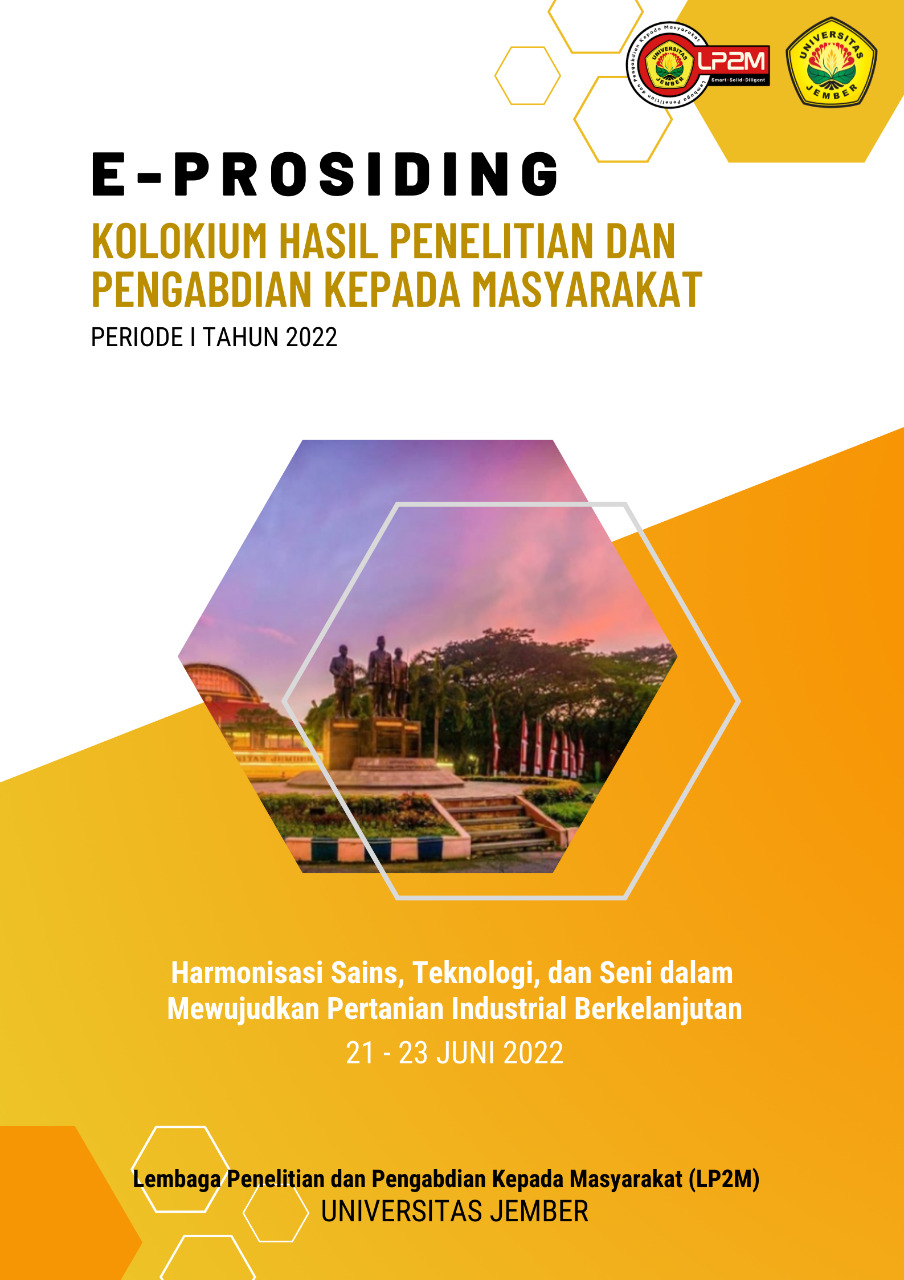THE POTENTIAL OF ORGANIC FERTILIZER FROM KITCHEN WASTE CONTAINING LOCAL MICROORGANISM FOR HOUSEHOLD USAGE
Abstract
The public awareness of environmental management and responsibility for production and consumption of food has increased, leading our collaborators in society to process food waste into organic fertilizer. Food waste management, especially kitchen waste, is a major focus in developing countries due to urban development and an equal attentiveness to environmental sustainability. Turning kitchen waste into organic fertilizer is a solution that is simple, cost-effective, eco-friendly and can be further enhanced by the addition of local microorganisms (MOL). However, the process of producing MOL-enhanced organic fertilizer is still not widely known. In this paper, the organic fertilizer was produced by the decomposition of kitchen waste enhanced by MOL. A non-MOL-enhanced fertilizer was also procured for control. Both of the obtained fertilizers were assessed for parameters such as pH, C:N ratio, and other organic content. The results proved that MOL-enhanced organic fertilizer is more effective than organic fertilizer made by natural decomposition alone.
Keywords: Organic_fertilizer; Kitchen_waste; Consumption_Production; Management


